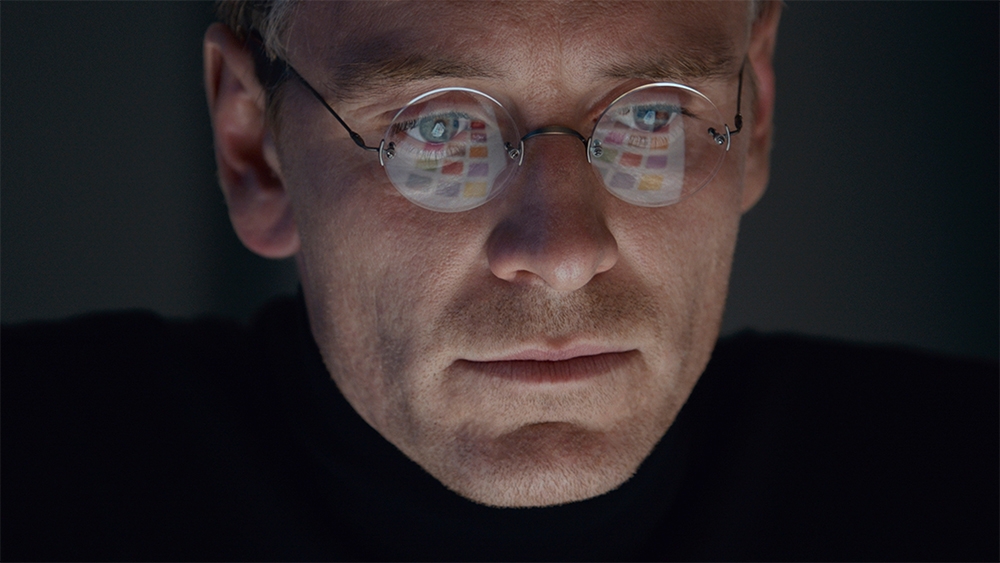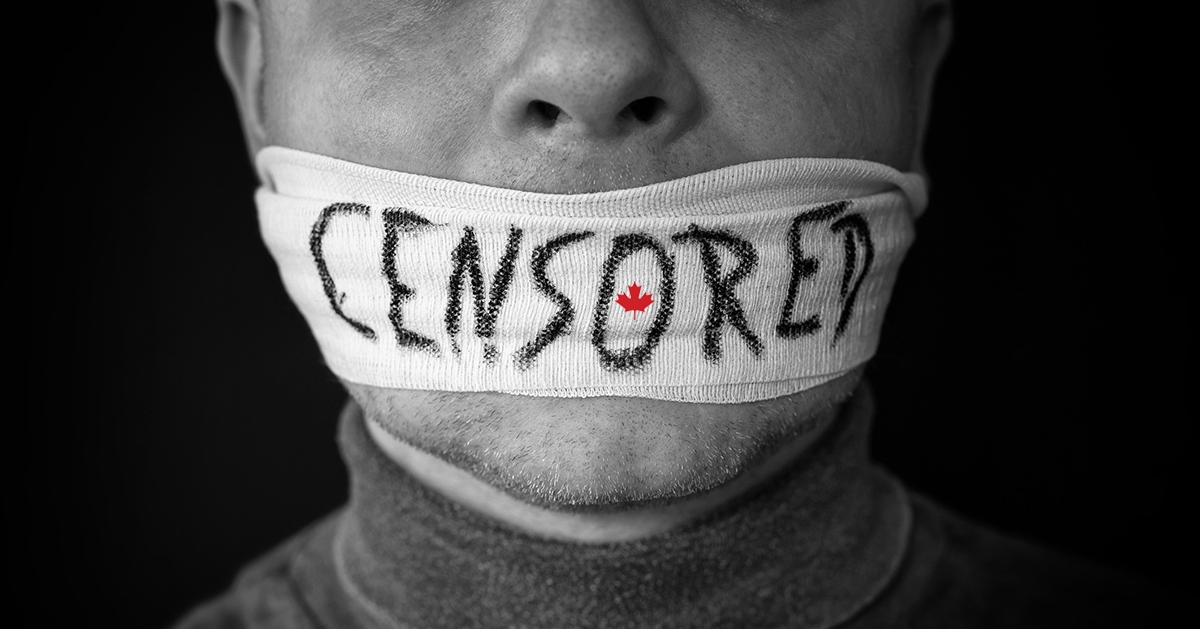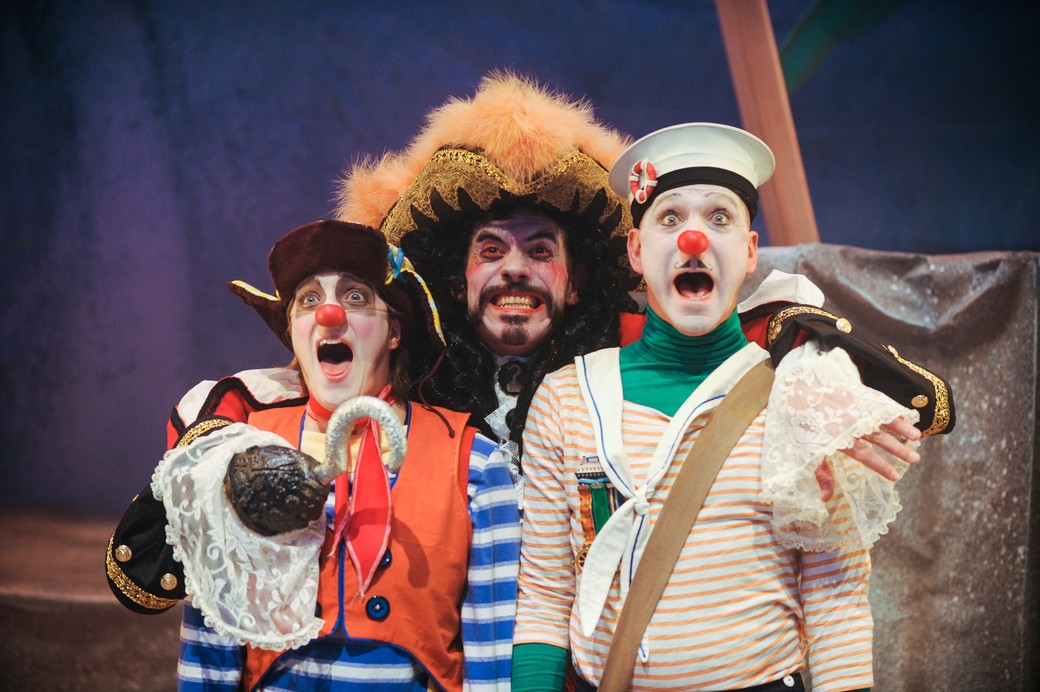
Film Review: A Fiery Fassbender Walks the Talk in “Steve Jobs”
Steve Jobs
Directed by Danny Boyle
Written by Aaron Sorkin (based on the book by Walter Isaacson)
Produced by Universal Pictures et al.
Steve Jobs could be a real jerk. This is the overriding thrust of Danny Boyle’s new film about the Apple co-founder, and it’s hammered home in scene after scene in which the titular character, played by Michael Fassbender, runs roughshod over connections both personal and professional. “I’m poorly made,” he admits to his oft-estranged daughter toward the end of the film. Walter Isaacson, whose biography of Jobs serves as the movie’s chief source material, characterized the CEO’s drastic shifts in behaviour as “Good Steve” and “Bad Steve.” Boyle’s film shows us a Steve who is borderline sociopathic.
The movie is structured in three parts, each set in the fleeting minutes before an important product launch – the Apple Macintosh in 1984, NeXT in 1988, and iMac in 1998. At the first launch, Jobs charges through every square inch of the backstage area, threatening engineer Andy Hertzfeld (Michael Stuhlbarg) to make the Macintosh say “Hello” to the audience. How else will the future arrive? Later, Jobs goes out of his way to switch out a bouquet of flowers despite a host of more important things to address. We get the sense he’d outfit the asbestos in the San Francisco Opera House with shiny casing if he could.
One by one, Jobs deals with the significant players in his life. We know the names, even if only in passing. Steve Wozniak (Seth Rogen) was with Jobs when Apple was just an idea in a garage. Despite his joviality, he demands recognition. (“John Lennon wrote ‘Ticket to Ride.’ I wrote the Apple code.”) Marketing Director Joanna Hoffman (Kate Winslet) does everything to steer Jobs on the right path but take a pickaxe and dig a trench. Former Apple CEO John Scully (Jeff Daniels), concerned about his identity as “the guy who fired Steve Jobs,” tries his best to right his legacy. There is also Chrisann Brennan (Katherine Waterston), the mother of Jobs’ daughter Lisa. Every word spoken between the two begins with a dollar sign.
The film is written by Aaron Sorkin. He wrote another film a few years ago about Facebook CEO Mark Zuckerberg, who could also be a real jerk. Sorkin’s dialogue pumps like a turbine, requiring its speakers to move about while having fevered conversations about slot numbers and tower dimensions. Just as things get too technical, a great zinger surfaces: “It’s like five minutes before a launch, everybody goes to a bar and gets drunk and tells me what they really think.”
Indeed. There are a lot of beats to hit with these characters, and the pace they require makes “Steve Jobs” an occasionally exhausting experience. Boyle provides a nice container, varying the grain levels of the film to differentiate the eras, doing his best to catch up with his cast as they make their way through a series of enclosed spaces. As the director who shot the claustrophobic “127 Hours,” he was the right pick.
Most of us know Jobs as the man responsible for technologies now so widespread they appear natural. Apple’s launches remain spectacles with all the pomp and flash of landmark cultural events. This is Jobs’ legacy. In the film’s best scene, he and Wozniack argue back and forth in an empty orchestra pit, debating the merits of the conductor. “I play the orchestra,” Jobs observes. Maybe, but for all of his words, no conductor has ever spoken louder than a musician.








